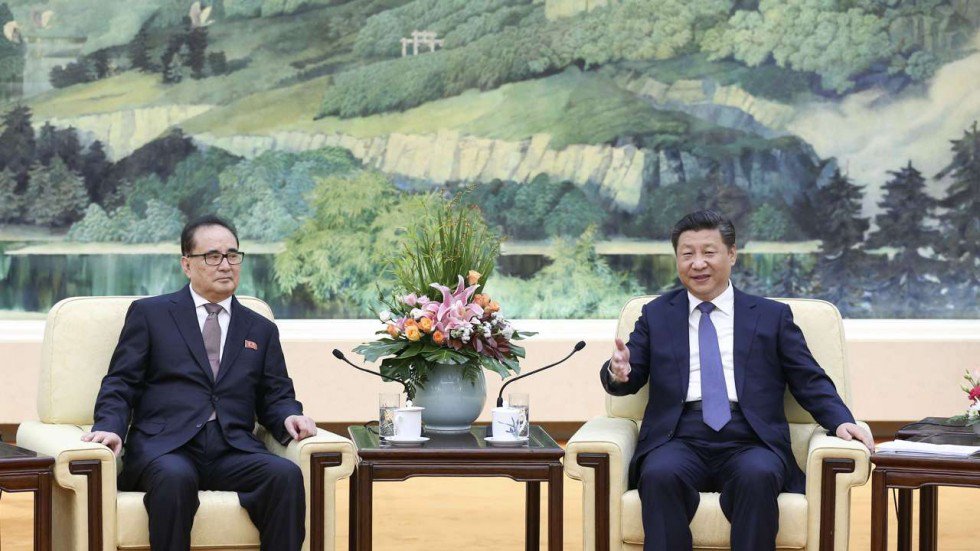Analysis
Nuclear issue hangs over North Korea and China summit
The Chinese media have been careful to avoid using the word nuclear as Pyongyang leadership visits Beijing.

The meeting between China and North Korea was little publicized, especially in China, where the media reported on the summit without emphasizing the most important aspect of the talks.
Kim Jong-Un’s envoy, Ri Su-Yong, met in Beijing with the leaders of the Chinese People’s Republic, including President Xi Jinping. Pyongyang told its Chinese partners that the development of its nuclear arsenal would continue, information that surely was not received warmly by Beijing, which has expressed itself recently in less-than-conciliating tones with the young North Korean leader.
It’s the first meeting between the two countries’ leadership since “the brilliant leader” and the “president of everything” ascended to power. Two men alone in command, dealing, although in different ways, with managing a party. Kim has just closed the worker’s party congress in North Korea. Xi is steering a country in transition that requires important reforms.
It’s a historic change that Xi is trying to maneuver by increasing control on the party. This has led to a repressive tightening, both against party members who run afoul, as well as against dissent in general, together with an ideological refocus. Xi recently called for a greater presence of Marxist studies in the universities.
On the meetings with Pyongyang, the Chinese press has underlined the cordial and “friendly” climate, but a barrage of dialectics has come from the North Korean front. Ri delivered to Xi an “oral” message from Kim Jong-un based on the hope that “North Korea can work with China in order to strengthen the traditional bilateral friendship and to maintain the peace and stability in the Korean peninsula and in North-East Asia.” He nonetheless reiterated the will of North Korean leadership to continue its race to nuclear armament.
In practical terms, North Korea confirmed that its policy of “simultaneous development on two fronts” — economy and nuclear — “has not changed.” The Chinese media have preferred to avoid mentioning the reference to nuclear. In the days preceding the meeting, the pro-government daily Global Times Chinese position was summarized. “As long as the North continues to hold onto its nuclear ambitions, the divergences on the issue will upset bilateral relations.” Beijing would even increase diplomatic relations South Korea and the United States.
Meanwhile, the United States has targeted North Korea as a “primary concern for money laundering,” adopting new sanctions. And the Security Council has condemned North Korea’s failed test on Tuesday.
Originally published at http://ilmanifesto.info/kim-a-xi-avanti-sul-nucleare/ on 2016-06-04
